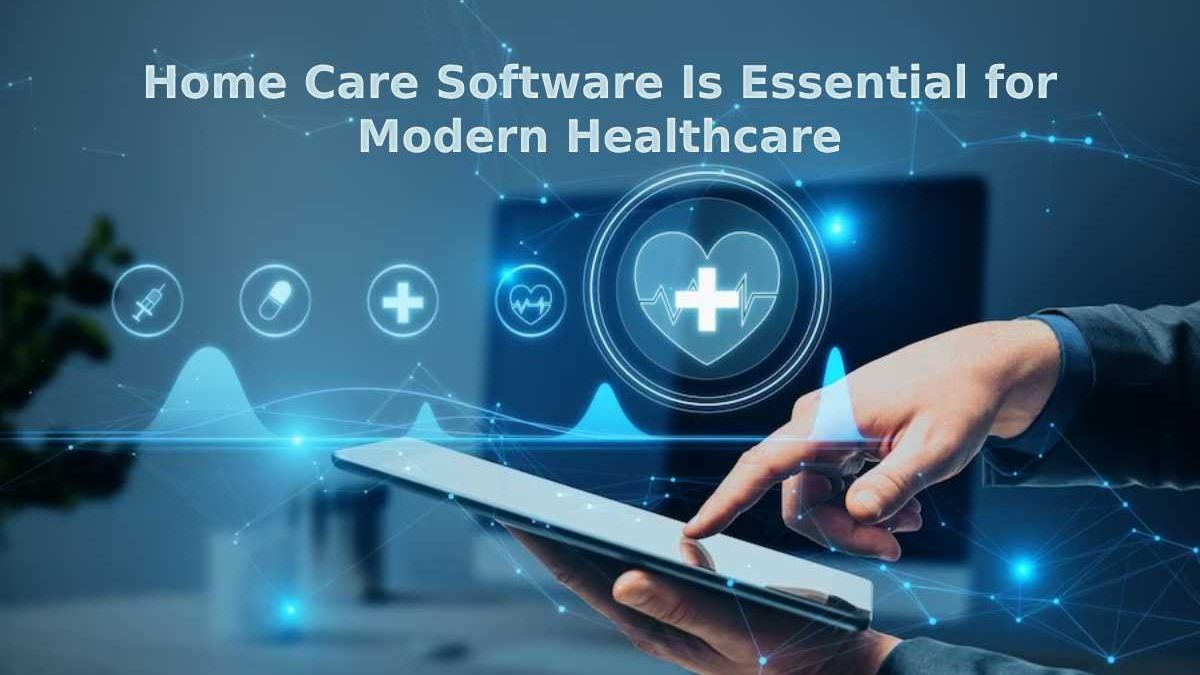In the evolving world of healthcare, home care is now a major part of the equation when it comes to patient management. Home healthcare has seen an incredible uptick recently, mainly because of our aging society, a rise in chronic illnesses, and conversion to a value-based healthcare system where providers are reimbursed for the quality, rather than the quantity, of care.
And home healthcare services are in high demand. To help manage the operations of those services, home care software is what many providers now use to ensure better patient care and better compliance. Here’s a few ways it transforms operations for care agencies:
Table of Contents
Enhancing Operational Efficiency
Home care technology optimizes the workflow of time-consuming administrative tasks. Automating the tasks of scheduling, billing, documentation, and caregiver coordination can help a home care agency run like a well-oiled machine.
Manual errors and excessive paperwork are commonplace with traditional, paper-based methods of tracking patient visits and managing staff schedules.
Improving Patient Care & Communication
Home healthcare requires clear communication. The moment-to-moment reality of patient care occurs between all the members of the home healthcare team, including caregivers, patients, and the patients’ healthcare providers.
Real-time, secure communication and updates are indispensable to home healthcare because of the serious implications that exist when team members are not on the same page. Home care software enhances real-time communication because it is the primary vehicle through which messages are sent and received between team members.
Also, there is an integration of electronic health records (EHR) so that data can be shared seamlessly between home care providers and the doctors who manage the patients’ primary care. This interconnectivity helps everyone make clinical decisions that are as informed as possible, affecting patient outcomes in a positive way.
Enhancing Caregiver Management and Satisfaction
Burnout and caregiver turnover are frequent problems in the home healthcare industry. Home care platforms help to manage the workload of caregivers by optimizing schedules, tracking working hours, and ensuring fair distribution of tasks.
By using the easy-to-navigate mobile applications that come with the software, caregivers can document visits, read the patient’s history, and receive updates. This not only makes the life of the caregiver easier, but also comes at a time when home healthcare is growing rapidly.
Additionally, some software products contain training modules and performance analytics, which permit agencies to monitor caregiver performance and furnish requisite support or training. This creates a better workplace, which in turn boosts caregiver job satisfaction and retention.
Boosting Financial Performance
Billing and payroll processes in home care have been made less complicated and more accurate because of home care solutions. It automates so much of what used to be done manually, handling nearly all of the calculations almost error-free.
Home Care Software Is Driving Innovation and Improved Service
The software used in home care is no longer considered an extravagant add-on. It has evolved into a must-have tool of the trade for today’s healthcare providers. Efficiency has become mandatory if an organization wants to stay in business, and there are no better methods of completing these tasks than modern home care platforms.

